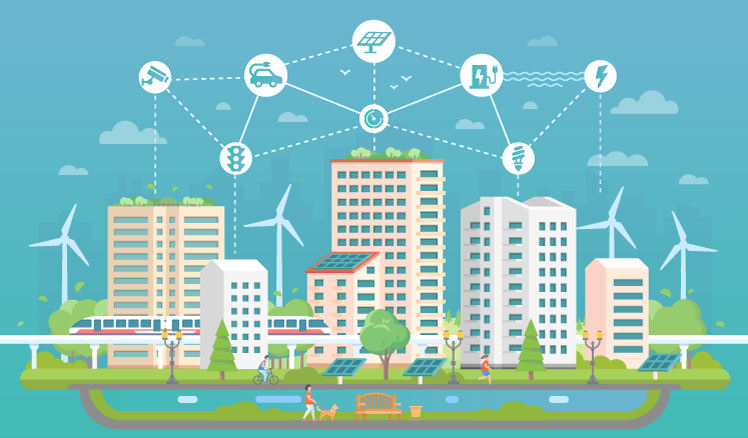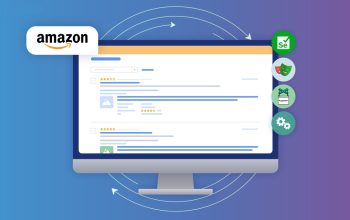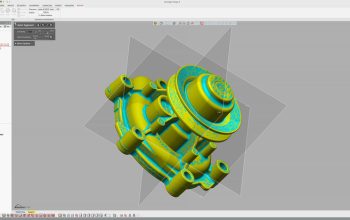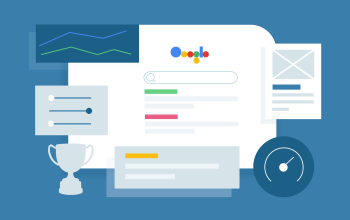The Internet of Things (IoT) is a network composed of billions of connected smart devices that link people, systems and applications in order to collect and share data.
IoT has already had a profound effect on industries such as healthcare, manufacturing, energy and retail. It has revolutionized these fields by improving operational efficiency, automating tasks and enabling businesses to collect and analyze information in real-time.
Smart Homes
Modern advances in smart homes have made it simpler than ever for people to remotely control their appliances, thermostats, lights and security devices with a mobile app. This technology helps homeowners save time and money by streamlining the monitoring of their home functions.
Smart home systems are an integral component of creating a greener and more energy-efficient home. Not only do they give owners remote control of their appliances and lights, but they can also save energy and protect the environment by lowering utility bills.
However, the perceived complexity of smart home systems may deter some from trying them. To combat this issue, manufacturers and alliances are working on simplifying the technology and improving user experience for those who wish to utilize them.
Smart Cars
In the automotive sector, IoT applications are revolutionizing operations from smart traffic management to predictive maintenance.
One of the most exciting advancements is autonomous driving. Autonomous cars hold great promise for increasing road safety significantly.
Another advancement in smart cars is the use of signal phase and timing information to predict traffic patterns. This data can assist drivers in traveling more efficiently while decreasing fuel expenses.
This feature is especially advantageous in busy urban areas and may help prevent accidents.
Smart cities are becoming a reality with the help of IoT applications. These include traffic management, early detection of power outages, and remote monitoring and control over everything from lighting to electricity.
Smart Cities
The Internet of Things is revolutionizing cities around the world. Smart city projects are equipping entire regions with sensors to help us better comprehend and control our environment.
Connectivity is the major challenge faced by smart city projects, as thousands or even millions of IoT devices must connect and work together in order to provide a comprehensive range of services.
Smart cities must consider social factors as well, which create a cultural fabric that attracts residents and gives them a sense of place.
Smart cities utilize IoT devices such as connected sensors, lights and meters to collect data to improve infrastructure, public utilities and services. The collected information makes everyday tasks simpler and more efficient while improving public safety, traffic flow and environmental concerns.
Smart Agriculture
Agriculture has become a crucial sector of the global economy due to population growth, rising food demands, and climate change effects. To meet these demands, smart agriculture applications based on IoT technologies promise to boost yields and optimize processes throughout the entire supply chain.
One of the most essential elements for smart farming is data analytics. This is where the Internet of Things (IoT) really shines.
Accessing real-time data from various sensors, such as soil quality or air humidity in greenhouses, to cow health and crop growth, is essential for optimizing production and minimizing waste and risk. This provides better control over internal processes with predictive planning capabilities.
Furthermore, data security is a paramount aspect of any smart farming application. To guarantee reliable communication, robust hardware and an encrypted network are necessary.




